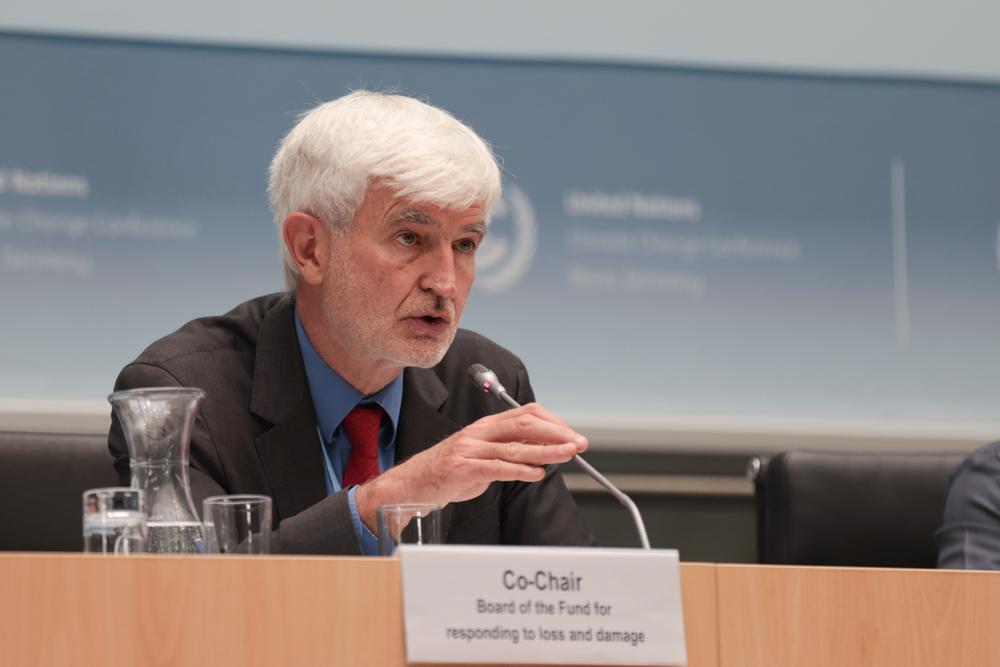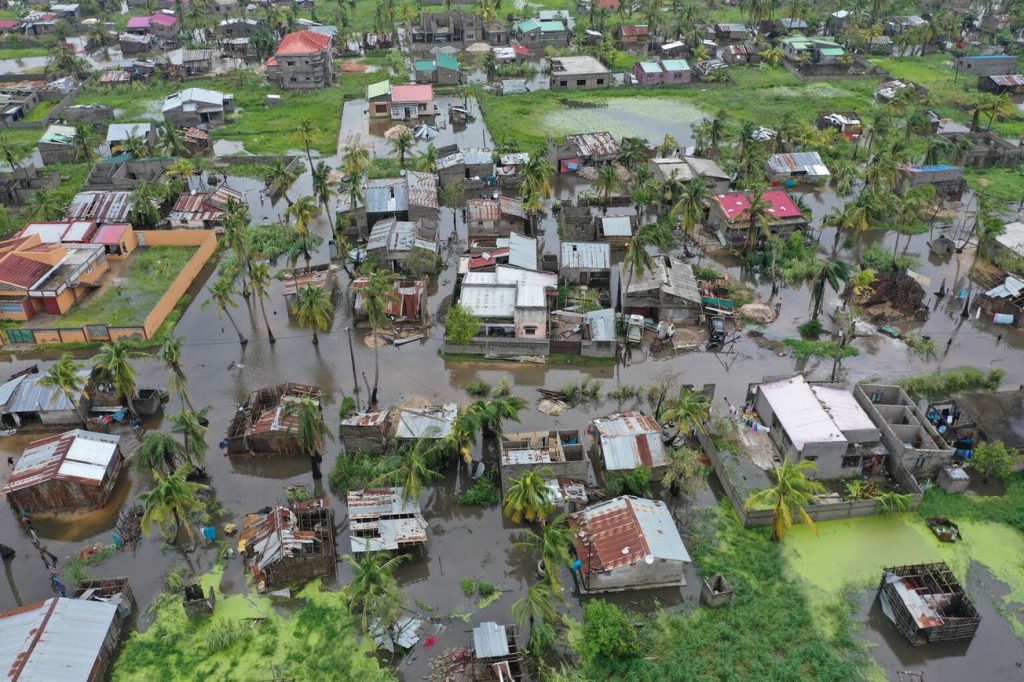Vanuatu, as part of a coalition of 18 states called the Core Group, has recently made available, and intends to commence negotiations on a draft United Nations General Assembly resolution that requests an International Court of Justice (ICJ) Advisory Opinion. The draft requests the ICJ to provide an opinion on the obligations of all states under international law, including the UNFCCC, the Paris Agreement and the UN Convention on the law of the Sea, as well as various customary principles of international law, to ensure the protection of the climate for present and future generations. The draft asks the Court to consider the legal consequences of these obligations where they have resulted in significant harm to small island developing States and “other States which, due to their geographical circumstances and level of development, are injured or specially affected by or are particularly vulnerable to the adverse effects of climate change.” Lastly, it asks for the court to provide an opinion on the legal implications for present and future generations more broadly.
The scope of the legal request is wide and the nature of the legal provisions relied on are not all clearly articulated in law, particularly when it comes to customary international environmental law and the principle of “no-harm”. The ICJ will be in an unenviable situation to express a view on these legal provisions and their consequence in the context of an indefinite timeframe, with a global geographic application, where knowledge of the harm arising is imprecise, where there have been multiple complex and nuanced COP decisions that have interpreted and sought to build on and evolve these legal provisions (COP decisions are legally influential when interpreting international law). That is not to discount the importance of the opinion, as the issue of legal liability has plagued the negotiations since their inception, and any expression on the scope of the legal duties of all states and what its consequences are, would go a long way in framing some of the debates around common but differentiated responsibilities, loss and damage and historical responsibility, and the duties of all states to take action to respond.
Another interesting aspect of how the draft is framed is that it does not distinguish between developed and developing countries but rather refers to countries who, by virtue of their geographic circumstances and levels of development, are “particularly vulnerable”. It does some legal footwork around this phrase also using the alternative term “injured or specially affected” This hearkens back to the debates at COP27 of which countries would stand to benefit from any loss and damage finance and what would make a country “particularly vulnerable” to climate change. What the draft does not expressly touch on but leaves open for the court to express a view on, is the nature of the legal responsibility of developing countries who are currently large emitters, such as China.
Consultations with member states on the draft will take place in the ensuing weeks. Climate Home quotes Kevin Chand, a legal advisor to Vanuatu’s permanent mission at the UN, who has stated that more than 100 countries have indicated they will support the resolution. To pass a vote in favour of the opinion, a simple majority is needed. However the coalition is looking for a larger majority as a “signal to the court”.
If issued, an ICJ advisory opinion, whilst not legally binding, would have significant precedential weight in subsequent litigation, particularly in relation to the legal liability of states for loss and damage as a result of climate change. It may also influence the positions of parties and negotiation blocs within the negotiations. We have previously reported that any opinion would be of particular relevance to African states, most of which are “particularly vulnerable” to climate change. The weight of any opinion, including the legal proceedings followed prior to its issue, may also be influential in the discussions on a Loss and Damage Finance Facility post COP27. We make this comment in the context of our concern that the fund will be an empty shell, inadequately financed (like the Adaptation Fund) and inaccessible to countries who need it most.
The process leading up to an advisory opinion is also noteworthy. After the ICJ receives an advisory opinion request, it must assemble all the facts, and it is empowered to hold written and oral proceedings, similar to cases where there are opposing parties. Participants may file written statements and States are invited to make oral statements. In principle, the Court may do without these proceedings, but it has never dispensed with them entirely. This would be the first time that developed and developing countries appear within a global legal forum to decide on the scope of their climate change legal duties. These proceedings happen separately and in parallel to the negotiations across multilateral platforms as well as domestic and regional court cases, but undoubtedly they will have influential sway, in addition to any opinion that the ICJ issues.






